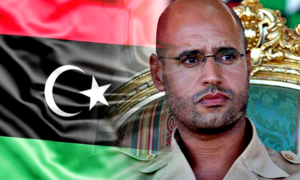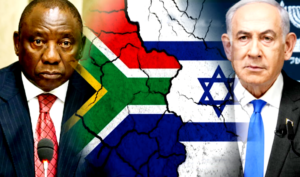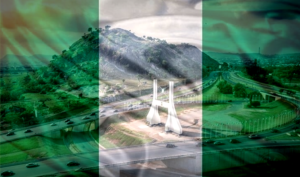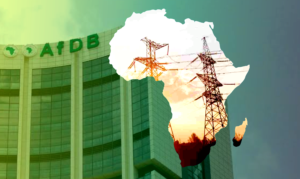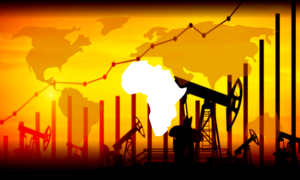Guinea-Bissau Army Officers Announce Seizure of Power as President Embaló Is Arrested
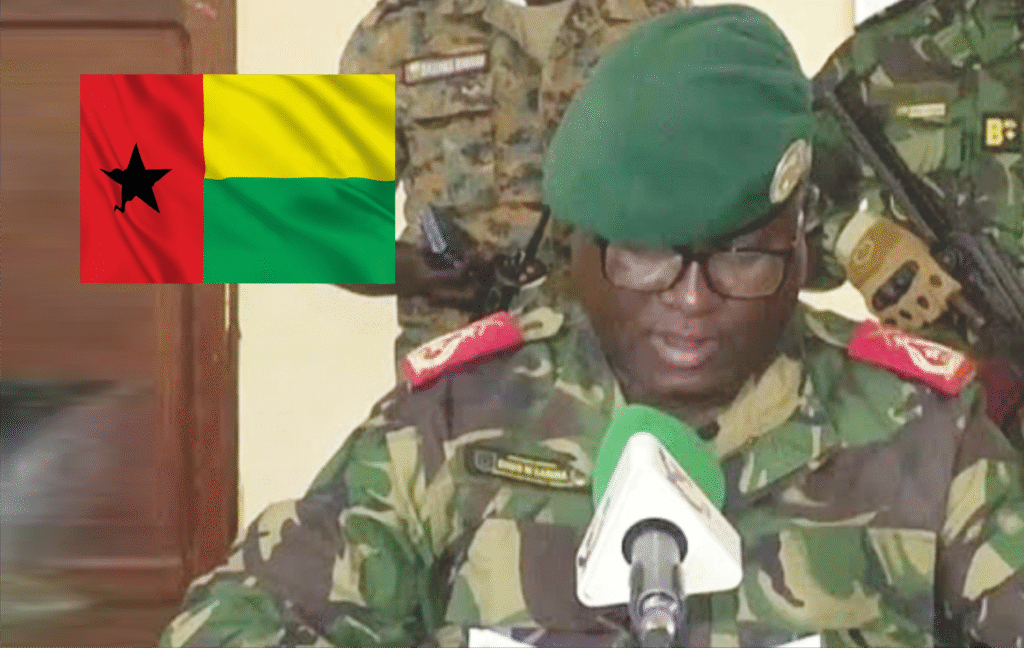
Guinea-Bissau has been plunged into renewed uncertainty after army officers announced today that they have taken control of the government and placed President Umaro Sissoco Embaló under arrest. The takeover comes at a sensitive political moment, with officials expecting to release the results of the presidential election as early as tomorrow. Military leaders say they have suspended the ongoing electoral process and ordered the closure of all borders.
The events mark the latest chapter in the country’s long and troubled relationship with military intervention. Since gaining independence from Portugal in 1974, Guinea-Bissau has experienced nine coups or coup attempts, making it one of West Africa’s most politically fragile states. The last successful coup occurred in 2012, but Embaló himself has survived several attempts to overthrow him, including in 2022 and 2023. As recently as late October 2025, there were allegations of another plot, highlighting how deeply instability has taken root in national political life.
![]()
Beyond the immediate political shock, today’s seizure of power carries significant human consequences. Ordinary Bissau-Guineans—already navigating economic hardship, high youth unemployment, and fragile public services—now face a period of heightened uncertainty. Border closures threaten the flow of food, medicine, and everyday goods in a country heavily dependent on regional trade, while the suspension of the electoral process deepens concerns about citizens’ ability to shape their political future.
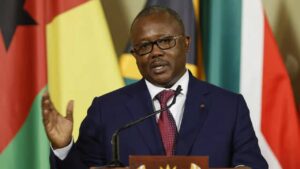
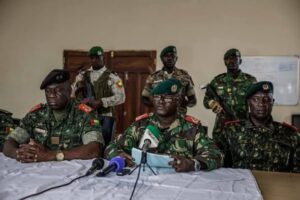
Social tensions may rise in the coming days as communities wait to understand the military’s intentions and the fate of the president. The repeated disruption of democratic processes has weakened public trust in institutions, leaving many residents wary of both political elites and the armed forces. Civil society groups, long vocal about the need for stability and constitutional order, are expected to call for restraint and international engagement to prevent further escalation.
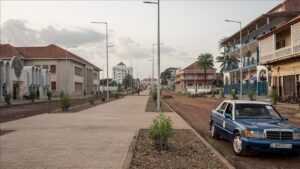
Regionally, the coup places fresh pressure on West Africa’s already strained political landscape. The Economic Community of West African States (ECOWAS), which has confronted a wave of military takeovers across the Sahel in recent years, may once again be forced to weigh sanctions, negotiations, or mediation efforts.
For now, the military’s announcement signals yet another uncertain transition in a country where power has often changed hands through force rather than the ballot box. How Guinea-Bissau’s political actors—and its citizens—navigate the days ahead could determine whether this becomes another brief rupture or a deeper crisis for the young democracy.


